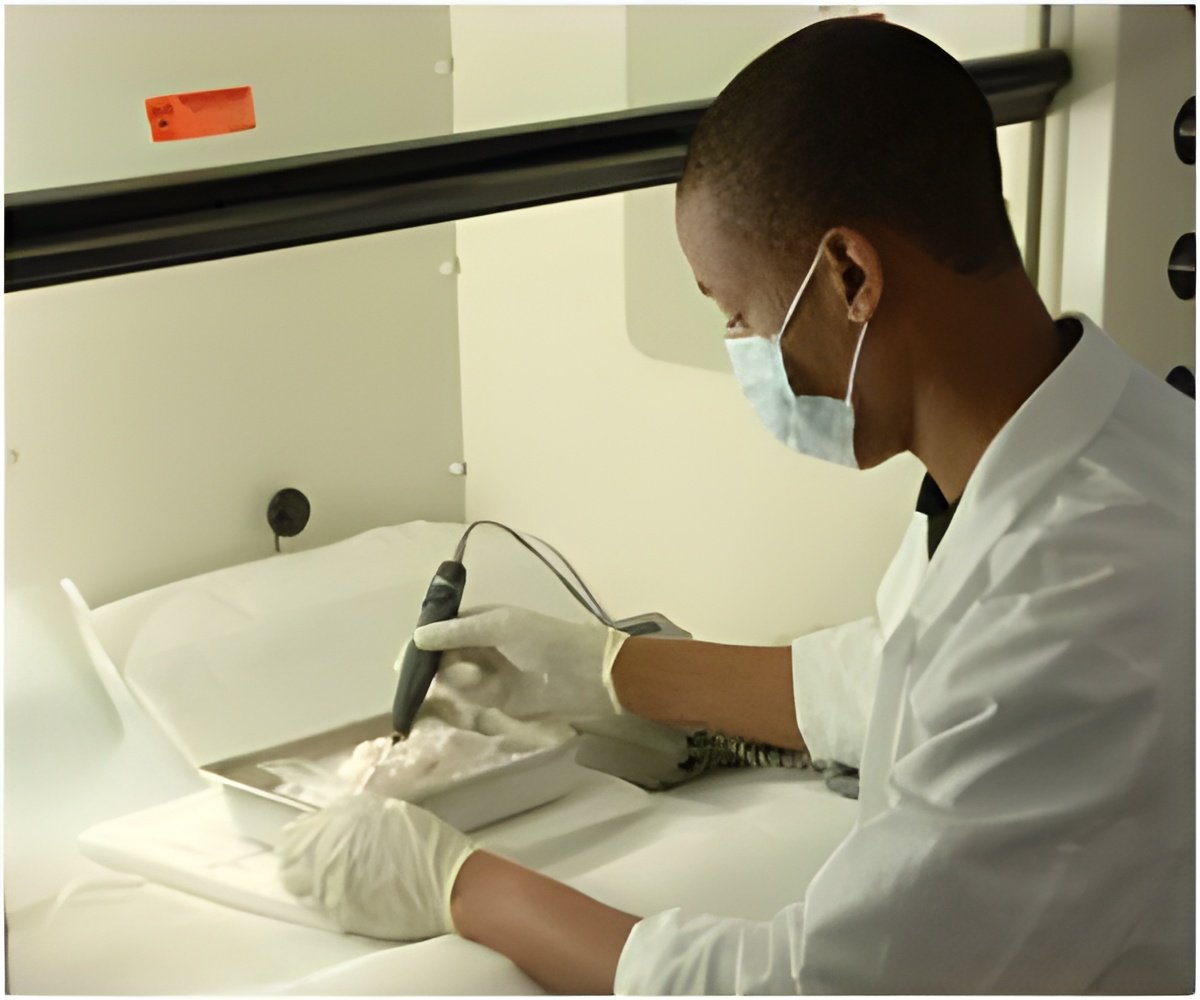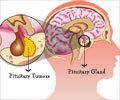
‘Three proteins: URI protein - which act as the switch, OGT and c-Myc a well known oncogene, and a protein needed for cancer cell survival upon nutrient stress.’
Tweet it Now
As explained by Nabil Djouder, researcher at the CNIO and the intellectual author of the paper published in Cancer Cell, "tumour cells are very smart; when one door that seemed essential for their growth and proliferation closes, they open new ones that allow them to adapt to any stress and survive. This is why they develop highly sophisticated mechanisms and learn to survive, and this is why it is so difficult to cure cancer". Djouder and his partners have identified the system of switches that allows cells to detect whether or not there is glucose, and to decide, in the light of this, what biochemical path they must follow to achieve their ultimate goal, which is to survive.
This is a sophisticated system composed with three proteins: URI protein (which act as the switch), OGT and c-Myc. c-Myc is a well known oncogene, i.e. it promotes cell proliferation and survival. However, Djouder's group has discovered that c-Myc protein levels matter for cancer cell survival upon nutrient stress.
Our findings suggest an important glucose-sensing mechanism in which URI acts as a rheostat controlling OGT activity and therefore c-MYC levels, conferring selective traits that allow cancer cells to tolerate severe metabolic stress and survive under selective pressures imposed by environmental challenges".
This mechanism can be of general importance in tumorigenesis and may explain how cancer cells exposed to glucose deficiency can expand instead of regressing".
Advertisement
Source-Medindia















